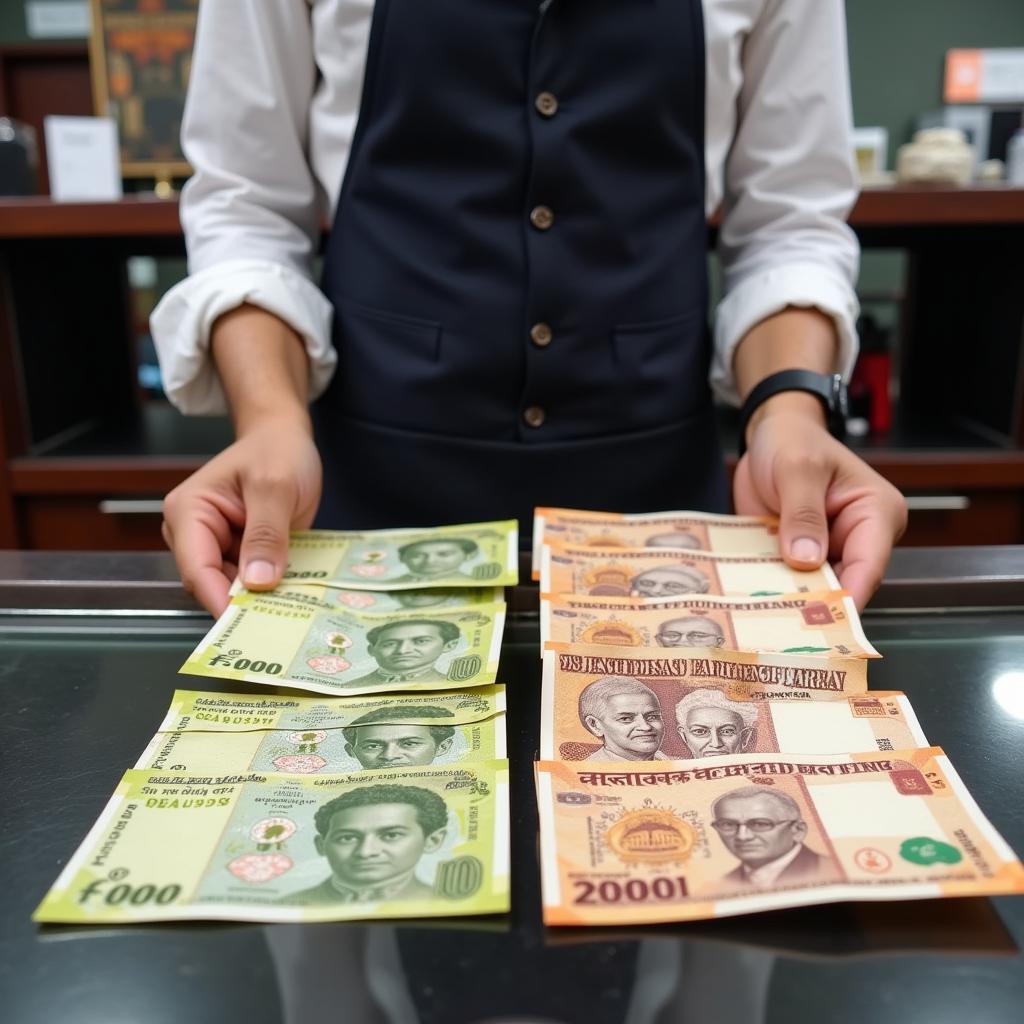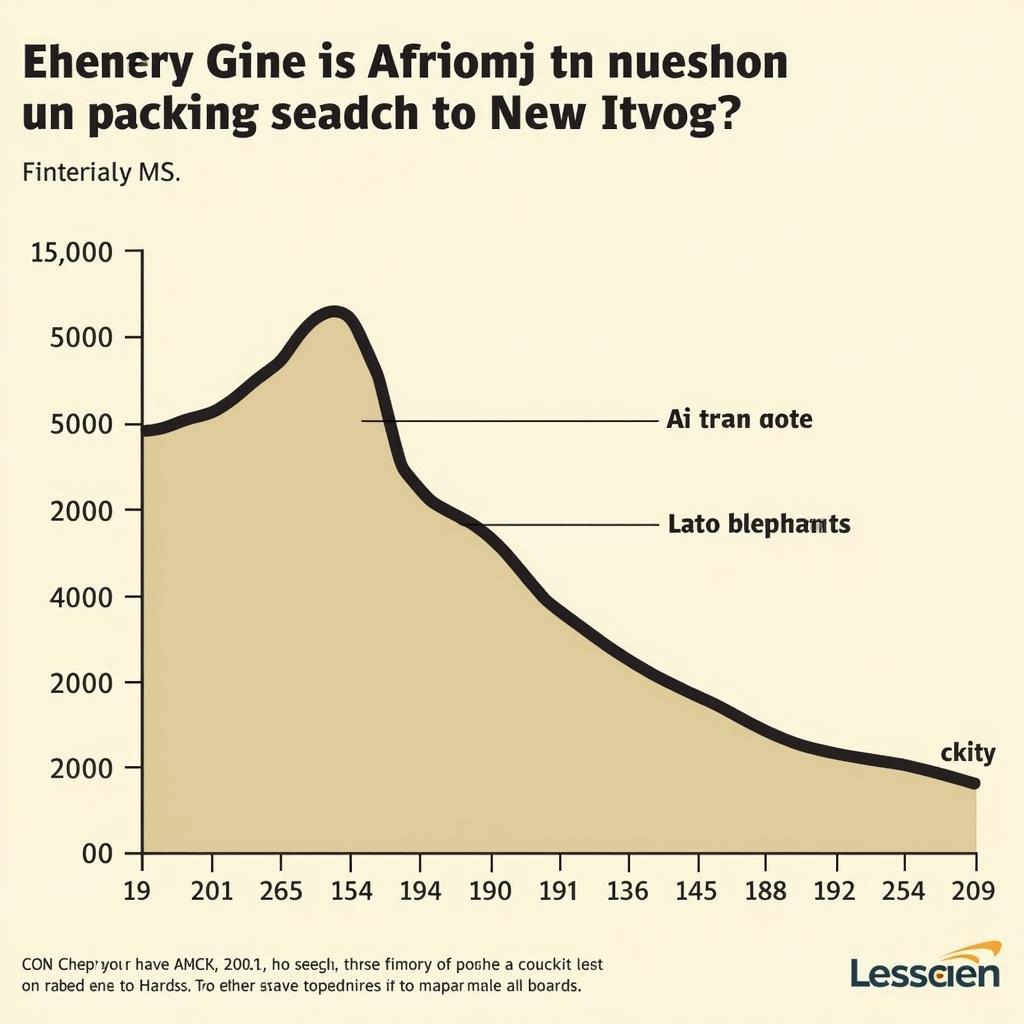African Ethnic Garments: A Tapestry of Culture and Identity
African Ethnic Garments are more than just clothing; they are vibrant expressions of culture, history, and identity woven into every thread. From the intricate beadwork of the Maasai to the flowing boubous of West Africa, these garments offer a glimpse into the diverse and rich heritage of the continent.
The Significance of Traditional Clothing in Africa
Throughout history, African ethnic garments have played a pivotal role in various aspects of life. They are not merely worn for everyday activities but also hold deep cultural and social significance.
Markers of Identity and Status
African garments often serve as visual markers of identity, signifying tribal affiliation, social status, and marital status. The color, patterns, and adornments can communicate a person’s lineage, age, and role within their community. For instance, the red and blue checked shuka worn by Maasai warriors instantly distinguishes them, while the elaborate headdresses of Yoruba chiefs signify their authority and prestige.
Celebrations of Life and Heritage
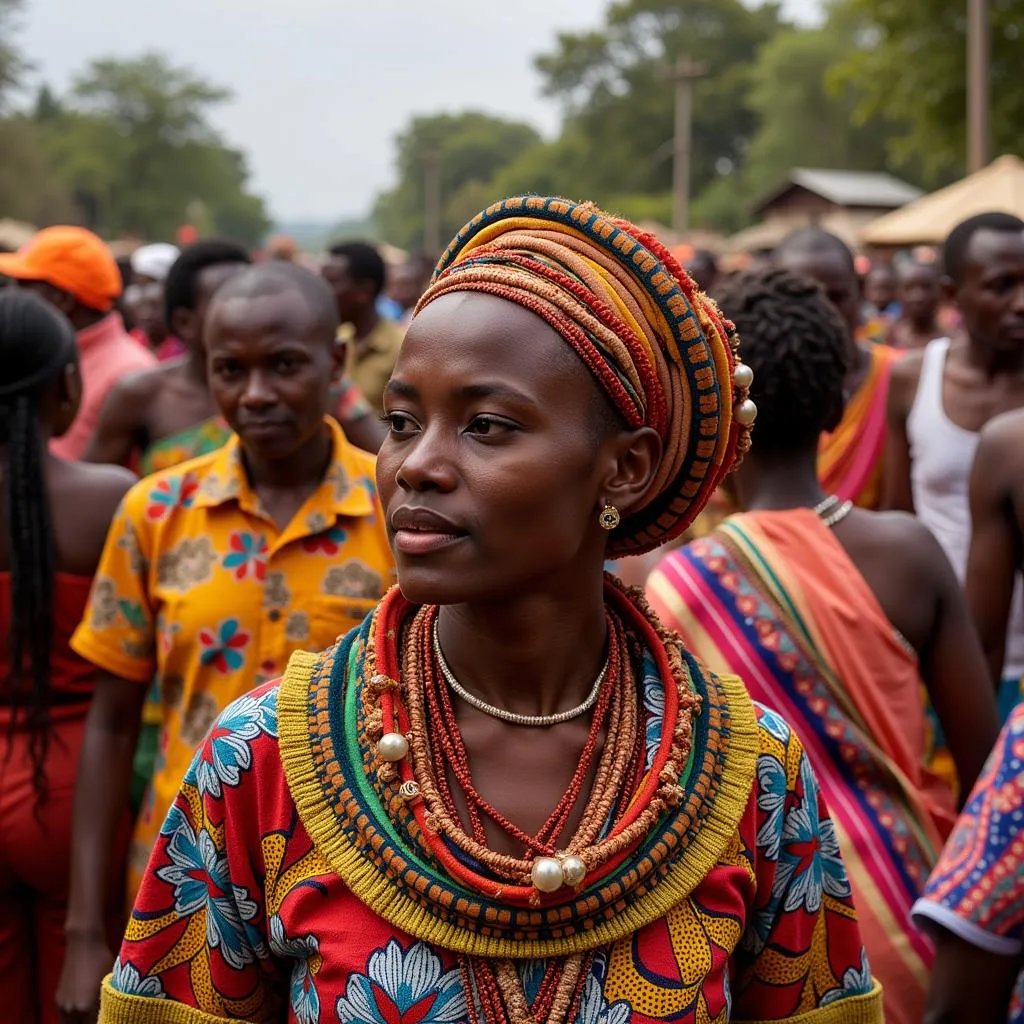 Vibrant garments at an African ceremony
Vibrant garments at an African ceremony
From birth ceremonies to weddings and funerals, African ethnic garments play a central role in rites of passage and celebrations. Special garments are often reserved for such occasions, each carrying symbolic meanings and traditions passed down through generations. These garments become a tangible link to ancestral heritage, connecting the present to the past.
Exploring the Diversity of African Ethnic Garments
The vastness of the African continent is reflected in the incredible diversity of its ethnic garments. Each region boasts its own unique styles, fabrics, and techniques, shaped by history, climate, and cultural influences.
West African Elegance: Boubous, Kente, and More
West Africa is renowned for its vibrant and flowing garments. The boubou, a long, flowing robe worn by both men and women, is a staple in many West African countries. Kente cloth, handwoven in Ghana, is prized for its intricate geometric patterns and symbolic colors.
East African Splendor: Maasai Shukas, Kitenge, and Kanzu
In East Africa, the Maasai are known for their striking red shukas (blankets) and intricate beadwork. The kanga, a colorful rectangular cloth, is widely worn by women in Tanzania and Kenya, often featuring Swahili proverbs or messages. The kanzu, a long white robe worn by men, is a symbol of Swahili culture.
Southern African Diversity: From Ndebele Beadwork to Xhosa Clothing
Southern Africa presents a tapestry of cultural influences, reflected in its garments. The Ndebele people are celebrated for their vibrant beadwork, adorning everything from aprons to wall murals. Xhosa clothing is characterized by intricate embroidery and the use of animal hides.
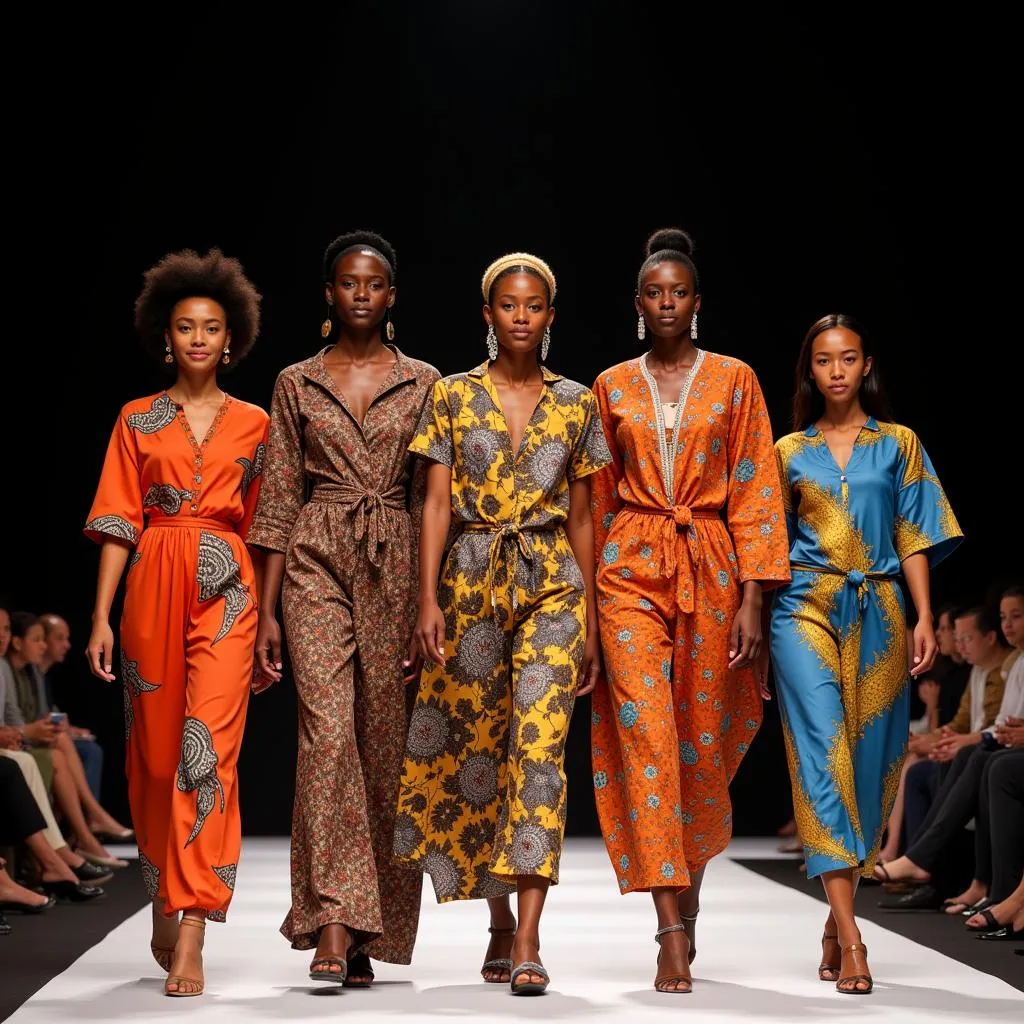 Models showcasing diverse African styles
Models showcasing diverse African styles
African Ethnic Garments in the Modern World
Far from being relics of the past, African ethnic garments are experiencing a resurgence in popularity, both within Africa and internationally.
A Fashion Renaissance
Contemporary African designers are drawing inspiration from their heritage, reimagining traditional garments with a modern twist. They are incorporating traditional fabrics, patterns, and techniques into contemporary silhouettes, showcasing the beauty and versatility of African textiles on global runways.
Embracing Cultural Heritage
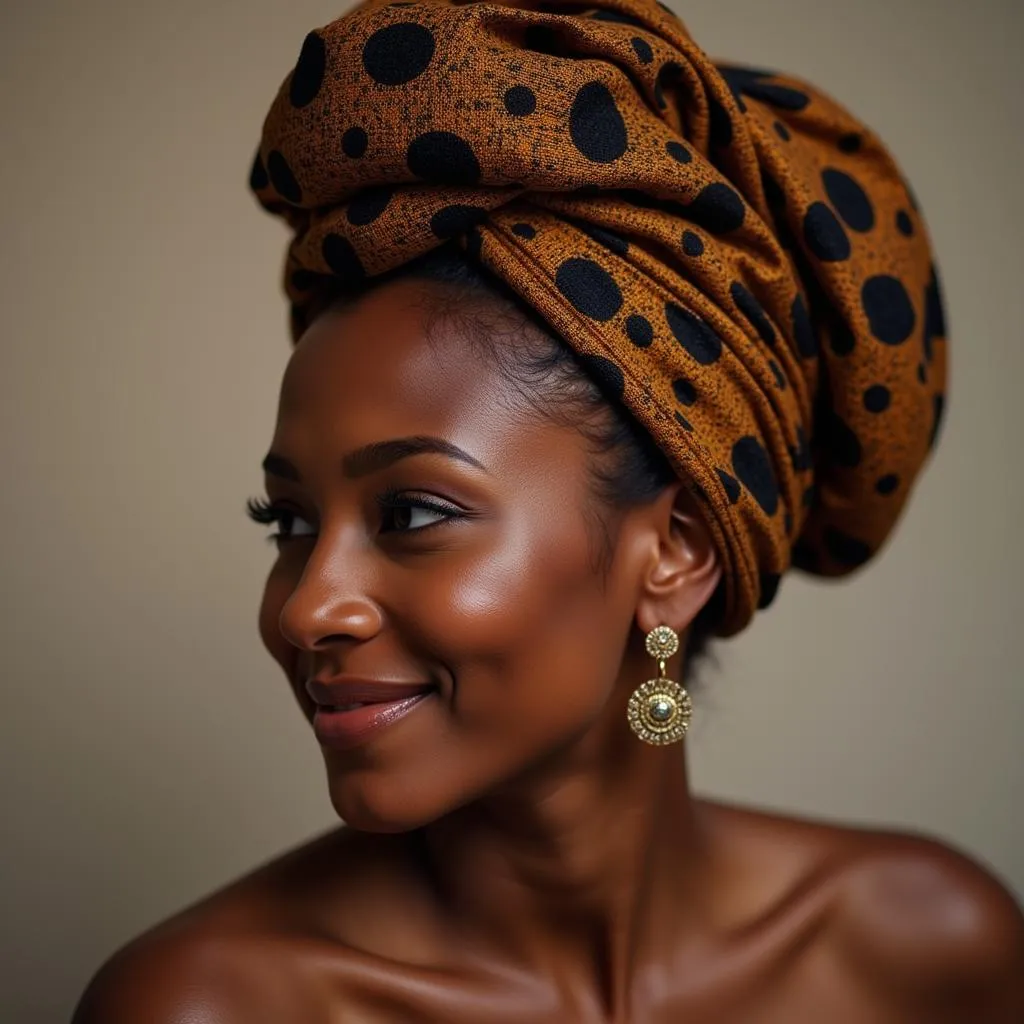 African American woman in a headwrap
African American woman in a headwrap
The embrace of African ethnic garments extends beyond the continent. People of African descent around the world are rediscovering and celebrating their heritage through fashion. Headwraps, jewelry, and clothing inspired by African traditions are becoming increasingly popular, serving as powerful symbols of cultural pride and identity.
Conclusion
African ethnic garments are not merely pieces of clothing but threads woven into the intricate tapestry of African culture and identity. They tell stories of history, heritage, and tradition, passed down through generations. From the vibrant colors to the intricate patterns, these garments continue to captivate and inspire, bridging the past with the present and showcasing the beauty and diversity of the African continent to the world.
FAQs about African Ethnic Garments
What is the most popular African ethnic garment?
It’s impossible to pick just one! The popularity of specific garments varies across regions. However, the boubou in West Africa, the kente cloth in Ghana, and the Maasai shuka in East Africa are some of the most recognizable.
What is the significance of colors in African clothing?
Colors hold deep symbolic meaning in many African cultures. For example, red often represents strength and power, while white can signify purity or mourning. The specific meanings vary depending on the culture and context.
Where can I learn more about specific African ethnic garments?
There are many resources available! Explore museums, cultural centers, and online platforms dedicated to African art and fashion. African fashion designs dress can be a great starting point.
Are there modern adaptations of traditional African garments?
Absolutely! Contemporary African designers are blending traditional aesthetics with modern designs, creating innovative and stylish pieces. You can find African clothing styles tumblr for inspiration.
Can I wear African ethnic garments as a non-African person?
Cultural appreciation is important. It’s generally acceptable to wear African-inspired clothing respectfully, but avoid appropriating or misrepresenting specific cultural garments or symbols.
Do you want to learn about the majestic African agbada? Or perhaps explore the artistry of African hair wraps? Our website is a treasure trove of information on African culture. Contact us at +255768904061, email kaka.mag@gmail.com, or visit us in Mbarali DC Mawindi, Kangaga, Tanzania. Our team is available 24/7 to assist you!
